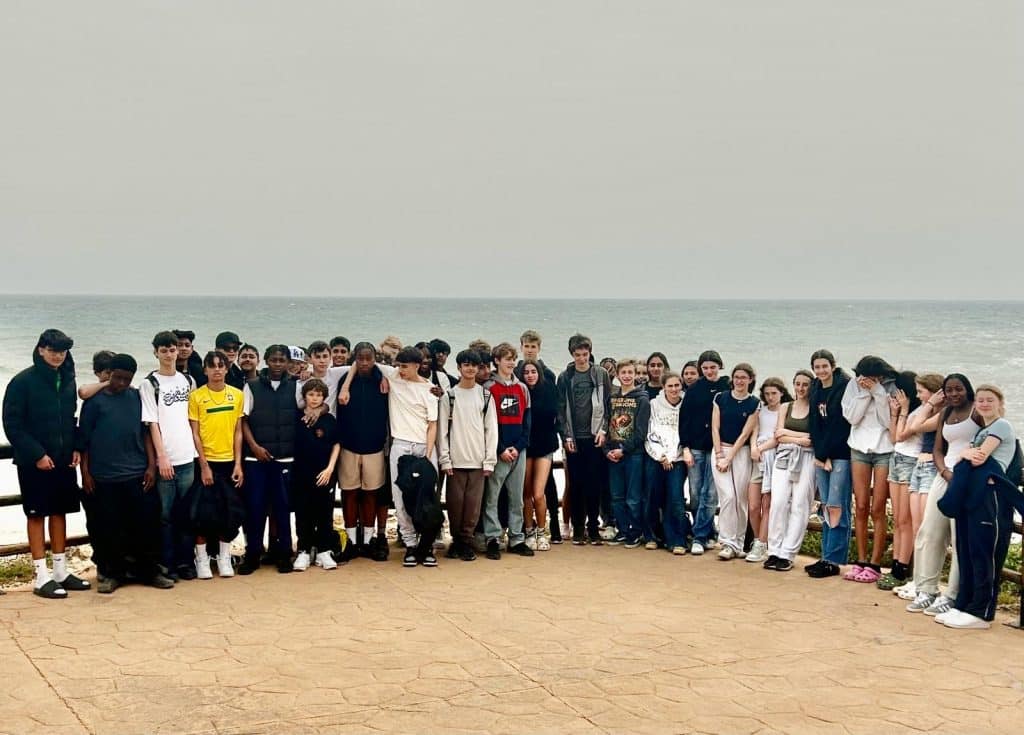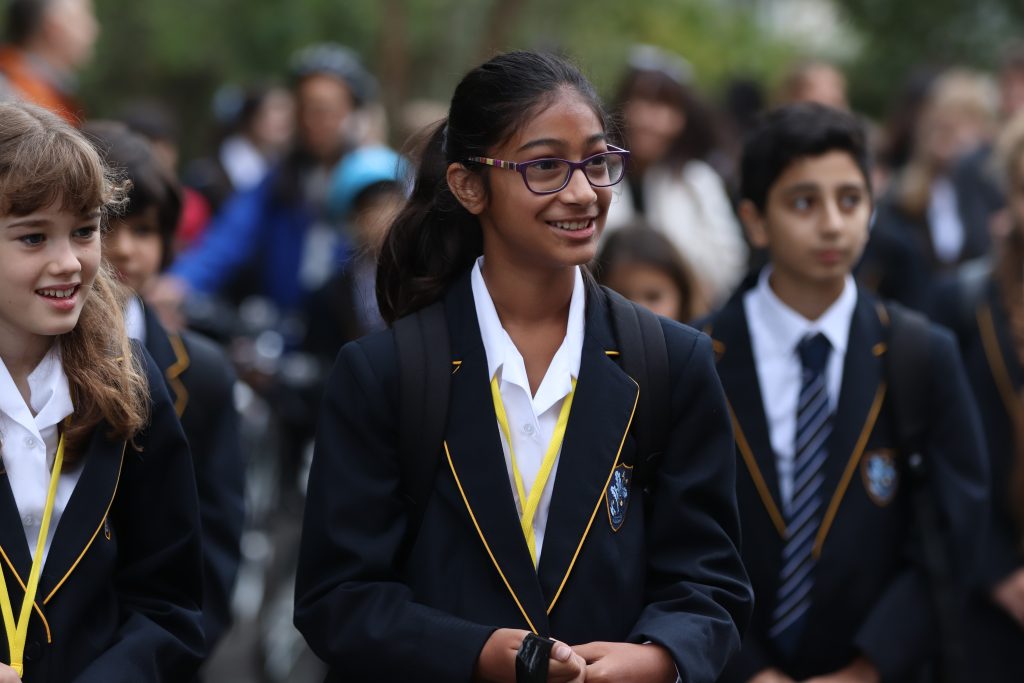Spanish at Forest School
Head of Department: Ms P Cordon pc@forest.org.uk
The Spanish language has the second highest number of native speakers of any language in the world. Outside of Spain, it is widely spoken across South America and has a number of different dialects. Here at Forest we learn Castilian Spanish, which is the most widely-known of all the Spanish dialects.
By studying Spanish, pupils will develop an ability to converse in a language with more than 400 million speakers in over 20 countries. An exciting prospect that builds a greater sense of cultural awareness and an ability to understand local traditions and ways of living. This builds on Forest’s core values of being aware of diversity and the ability to understand different backgrounds. Learning Spanish has many transferable language learning skills and instils an ability to communicate effectively in the target language and understand a wide range of vocabulary and complex grammar structures.
Our rich learning opportunities can include:
- Spanish oral lessons with our Spanish assistant
- Visits to the theatre to see a Spanish play with Onatti Spanish Theatre company
- Trips to Spain for language immersion
- Taking part in the Anthea Bell Translation prize run by Oxford University
- Translation workshops
- For A-level: Spanish film nights, Tapas evening and extension literature classes.
GCSE and A-level Overview
IGCSE allows pupils to build on their strong foundation from the curriculum studied in Year 9.
- Focus on vocabulary and grammar necessary to write and speak about topics such as holidays, school, free time activities and global issues.
- Building an awareness of countries and communities where Spanish is spoken as well as understanding the language in a variety of contexts.
- Developing skills and engagement for the language as a pathway for A level study.
- Examination of the course is divided equally across the four key skills: listening, reading, speaking and writing.
The A-Level Course allows students to develop the language skills acquired at IGCSE through the study of a more advanced range of topics.
- Study of artistic culture, multiculturalism and aspects of political life in the Hispanic society.
- Study of a film as well as a book/play that are related to a Spanish-speaking country, furthering their appreciation of the Hispanic culture.
- The four main skills developed at IGCSE are further enhanced with a view to enable greater fluency and autonomy when writing and speaking.
- Dedicated one-to-one weekly lessons with the language assistant. Opportunity to sharpen grammar skills and further build up confidence in communicating opinions on a diverse range of topics in the language.
Assessment at GCSE and A-level
GCSE:
- Paper 1: Listening (30 minutes) – 25% of the total International GCSE
- Paper 2: Reading and Writing (1 hour 45 minutes) – 50% of the total International GCSE
- Paper 3: Speaking (8-10 minutes) internally conducted and externally assessed – 25% of the total International GCSE
A level:
- Paper 1: Listening, reading and translation to English (Written examination: 2 hours) – 40% of the qualification
- Paper 2: Written response to works and translation to Spanish (Written examination: 2 hours and 40 minutes) – 30% of the qualification
- Paper 3: Speaking Internally conducted and externally assessed (Total assessment time: between 21 and 23 minutes, which includes a single period of 5 minutes’ formal preparation time) – 30% of the qualification
Curriculum Maps – All Years
Speaking a second language can unconsciously change us, especially the way we perceive things.
Learning a second language makes us learn to see things differently; in other words, foreign language learning means acquiring an alternative view of the world.



